The English language is both impressive and at times confusing. Many words have multiple meanings, like Polish (the nationality) and polish (to smooth or improve), while other words can have numerous connotations. English boasts a functional vocabulary of about 200,000 words, which is rather high, especially when compared to other popular languages – French has around 135,000, while Spanish uses about 93,000. Thousands more words are added to the English language each year — as many as 20,000 annually, according to some estimates.
Typically the preferred language in many areas of the world (of the 7.8 billion people worldwide, 1.35 billion speak English, and for many it’s not their native language), English is a welcoming language. It descends from the West Germanic branch of Proto-Indo-European, a tongue spoken by nomads in Eastern Europe and Central Asia 5,000 years ago or more, and it is related to modern German, Dutch, and Yiddish. However, it derives many of its words from the Romance languages — Latin and, later, French, Spanish, etc. — as well as from classical Greek. That’s just the beginning, though: English incorporates vocabulary from more than 350 languages in all.
The English language has many diverse origins and an abundance of words and as such, it’s full of ambiguities. It has, for instance, many homonyms (words spelled and pronounced the same but with different meanings, like “tire” meaning fatigue and a “tire” on your car), homophones (spelled differently but pronounced the same, like “weather” and “whether,” for example), and homographs (spelled the same but pronounced differently, like “bass” the fish and “bass” the musical instrument) — these are 50 of the most commonly misspelled words in English.
The term “false friends” is used by linguists to describe words in two different languages that look or sound as if they’re related but have different meanings. The Spanish adjective “embarazada,” for instance, sounds as if it means embarrassed — but it means pregnant. The French “actuellement” doesn’t mean actually, it means currently or now.
But don’t think that English is free of false friends — words that are so similar that they’re easy to confuse — like further and farther, insure and ensure, or nauseous and nauseated. Confusing one of these for the other is a source of many of our errors. We make other mistakes, too, using plural nouns as if they were singular (it’s “the media say,” not “the media says”), or simply choosing the wrong words entirely.
As long as we convey our meaning, does it matter if we misuse words? That’s open to debate. Like any living language, English constantly evolves, not just adding new words (and gradually consigning some older ones to “archaic” status), but also changing the meanings of words as common usage gains over dictionary definitions. In medieval times, “nice” was an insult, meaning foolish, cowardly, or lascivious; “awful,” in contrast, could mean impressive or worthy of respect. Here are 30 Latin phrases we still use all the time.
Here are words people always use incorrectly
1. Adverse
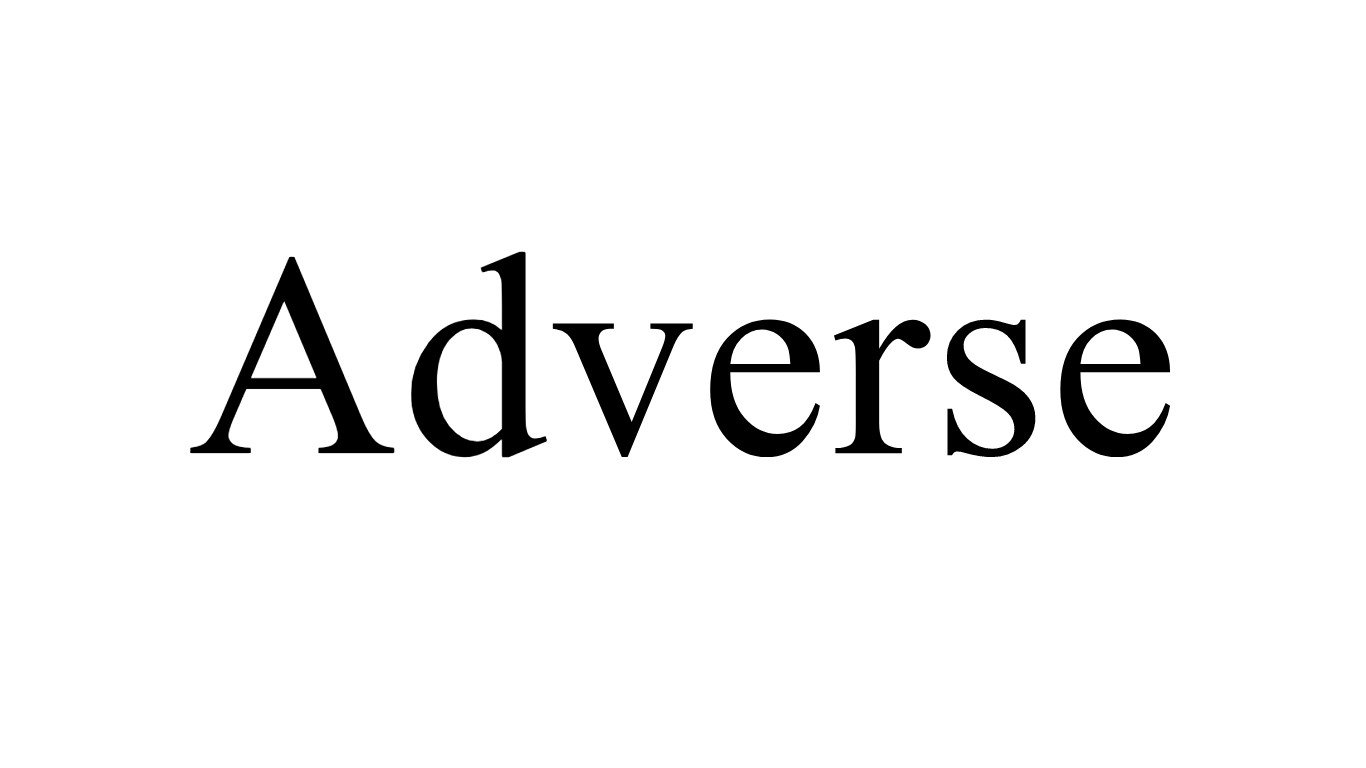
If you don’t want to do something, you’re averse – not adverse – to it. “Averse” means having a strong feeling of distaste, or an aversion, towards something. As in, “I’m averse to spending $20 on a martini.” Something adverse is contrary or harmful to your intentions, interests, or condition, as in “We went sailing under adverse conditions” or “He had an adverse reaction to the antibiotic.”
2. Appraise
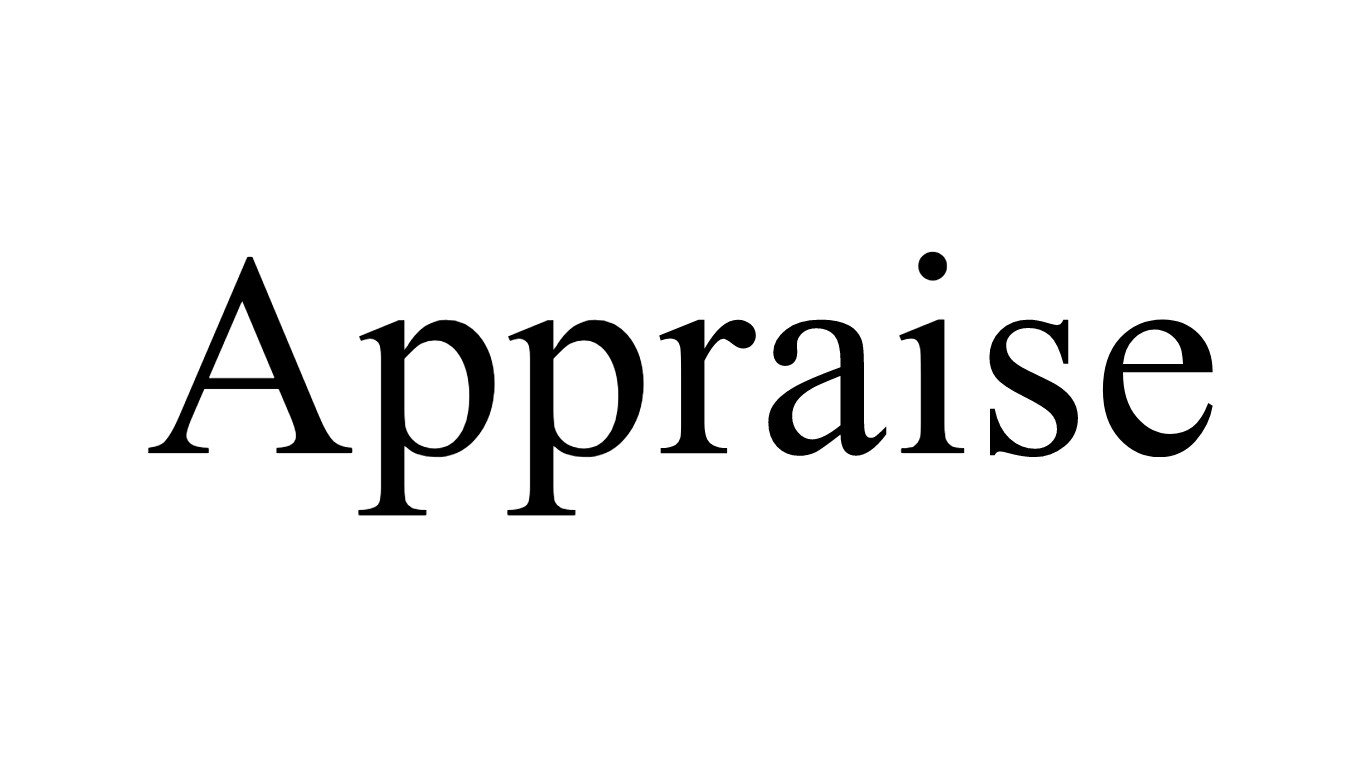
Have you ever been appraised of a situation? No. To appraise is to estimate the value or importance of something. Those folks on “Antiques Roadshow” appraise stuff every week - sometimes, regrettably, having to apprise — that is, inform — their guests of the unfortunate fact that the items they’ve brought for appraisal aren’t worth a dime.
3. Bemused
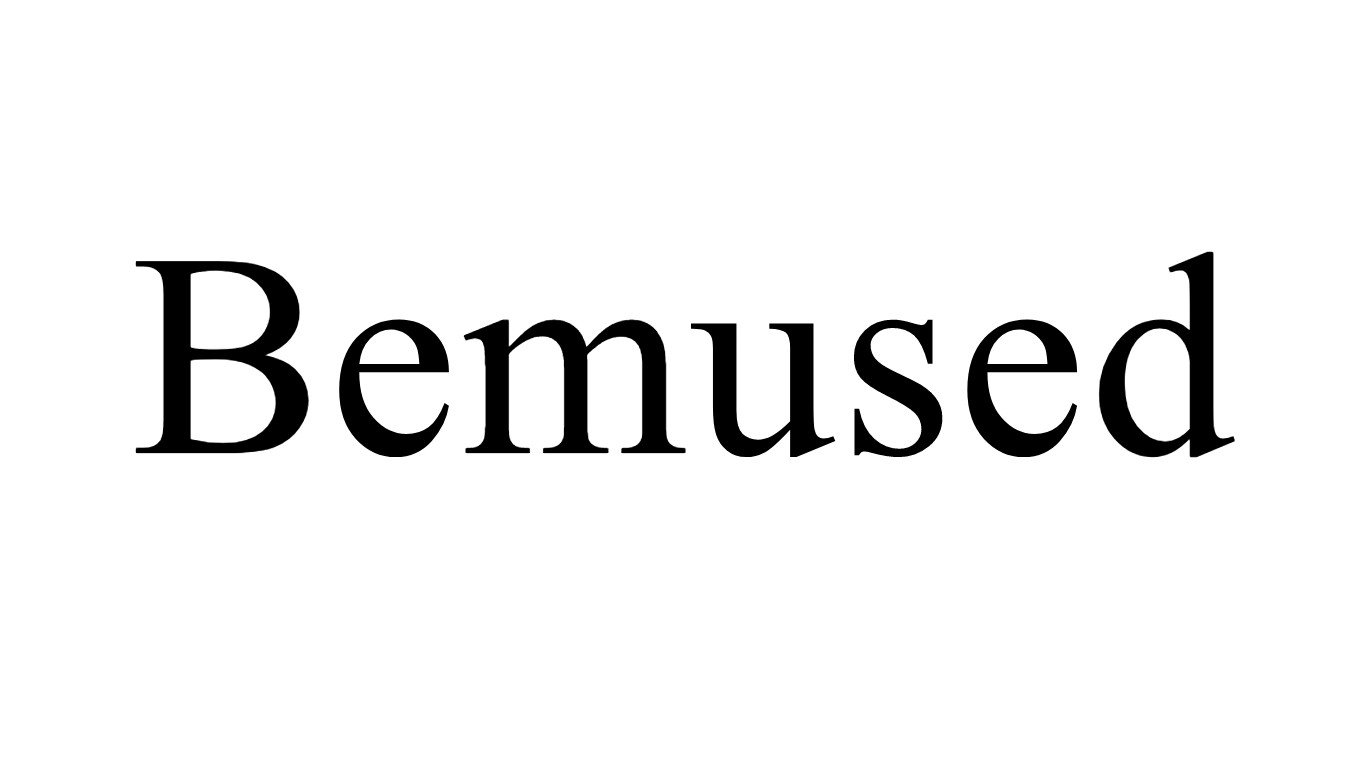
There’s a big gap between “amuse” and “bemuse.” You amuse somebody when you divert or entertain them and make them smile or laugh. You’d think that somebody thus diverted or entertained might be bemused, but that would happen only if you amused them in a strange or confusing way. To be bemused is to be puzzled, bewildered, or distracted.
4. Contingency
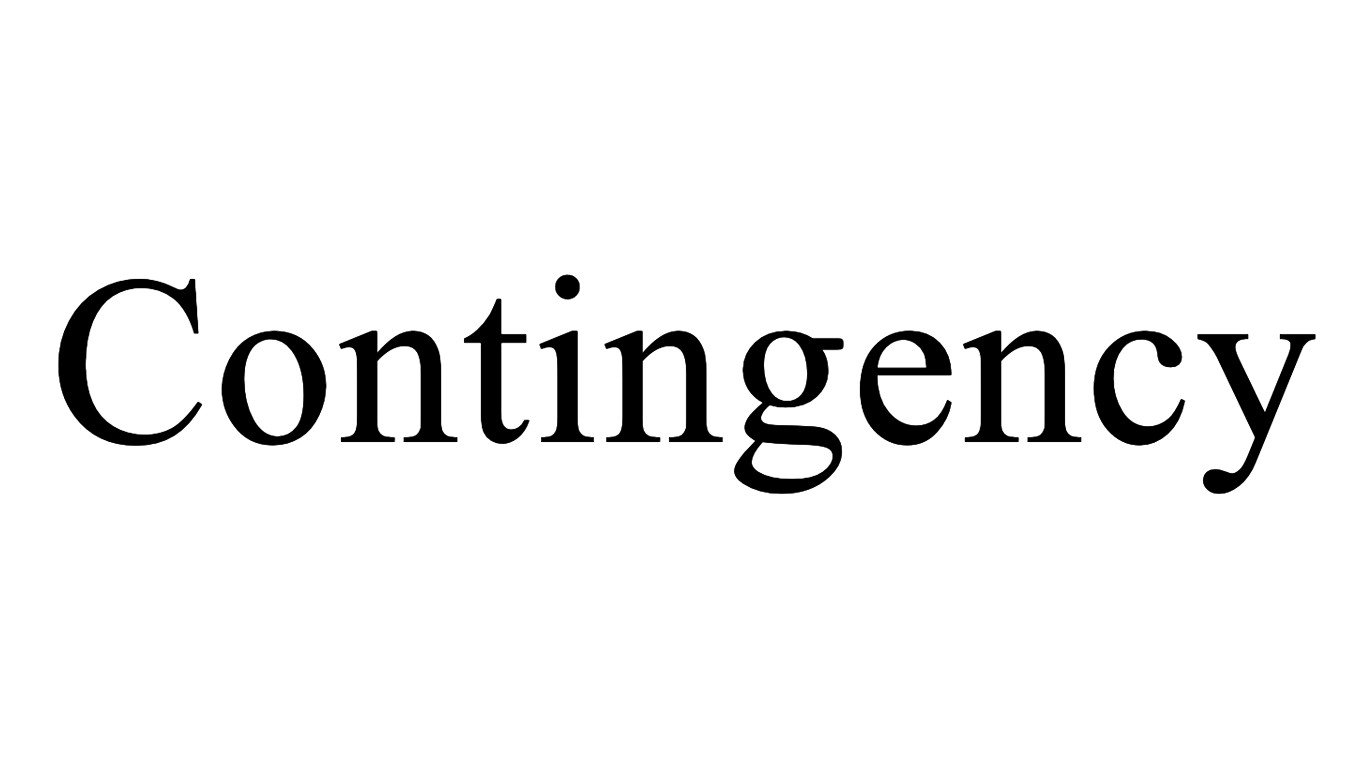
A few examples from online articles of the misuse of this word are: “A whole contingency of people,” “a whole contingency of forensic specialists,” and “a whole contingency of hierarchy-enhancing ideologies.” These are all by authors who ought to know better. A contingency is something that might happen: “We were prepared for every contingency.” The people who wrote the examples cited here should have used a nearly identical word: “contingent,” which means a representative group or deputation as in, “He was met by a contingent of supporters.”
5. Dilemma
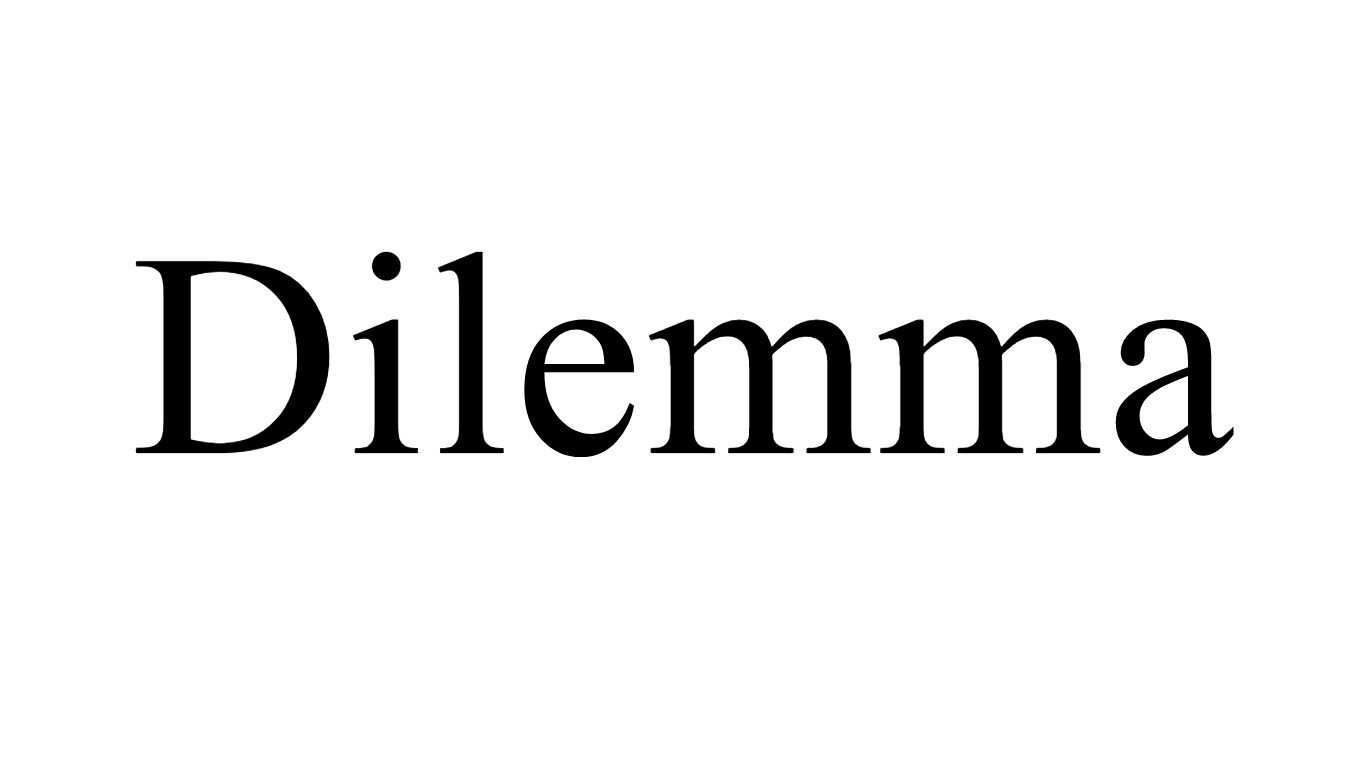
We think of a dilemma as a serious predicament or a situation in which we are forced to make a difficult choice – and modern English, versatile as it is, has begun to accept that definition. But the “di-” in the word means “two” or “twice,” and a true dilemma is a choice between two mutually unpleasant or unacceptable alternatives.
6. Discomfit

When you discomfit somebody, you leave them embarrassed, confused, or thwarted. This might well leave them discomforted – uncomfortable or dismayed – but it’s not the same thing.
7. Disinterested

This is one of those words that is being increasingly accepted, even by standard dictionaries, to mean something other than what it really means. Strictly speaking, if you’re disinterested in something, you’re impartial or have no direct interest in it (in the financial or emotional sense). That’s not the same thing as being uninterested, which means that you just don’t care.
8. Effect
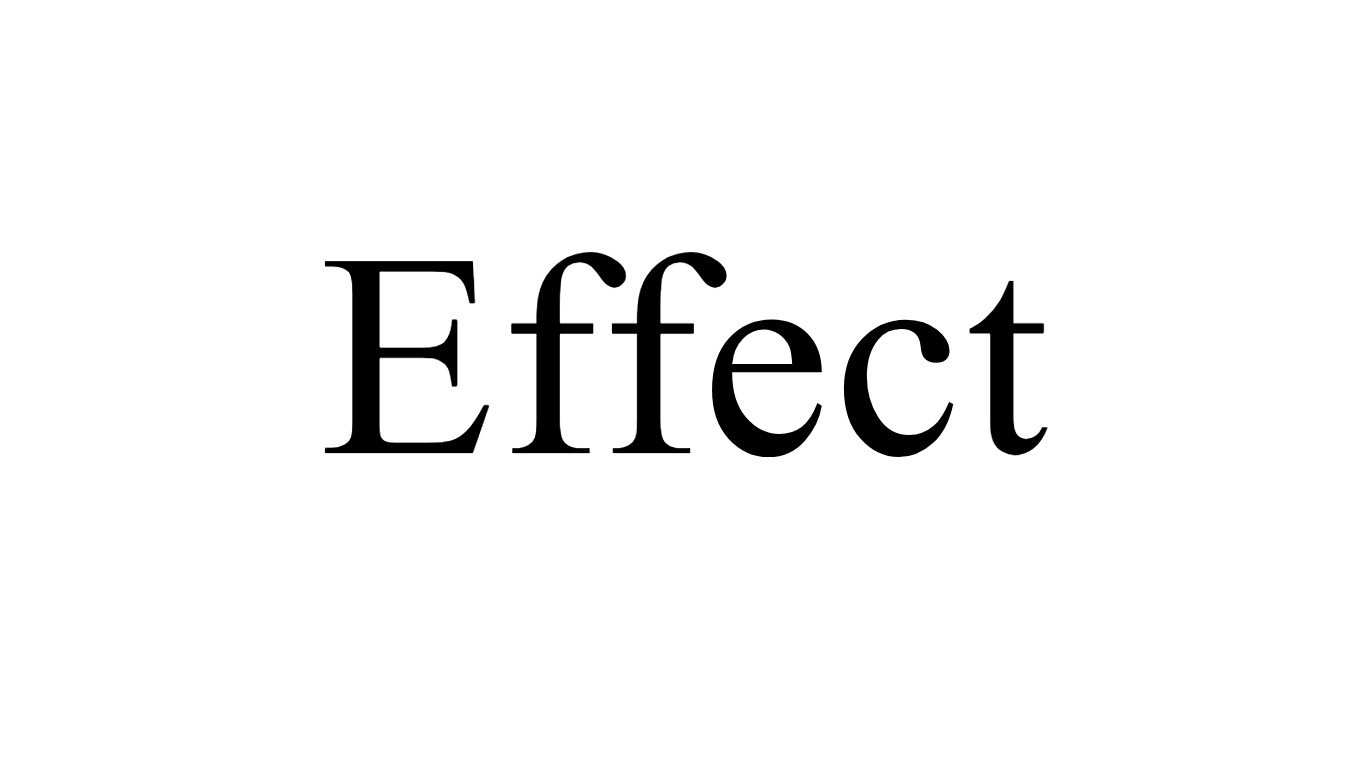
Though plenty of things can affect you, nothing can “effect” you. “Effect” is a verb only in the sense of making something happen, as in “The election of the new governor effected many changes in the law.” Otherwise it’s a noun, meaning the result or influence of some action or situation; a created impression (think “special effects”); or the condition of being in operation as in, “The ban is now in effect.” Something that has an effect on you affects you.
9. Enormity
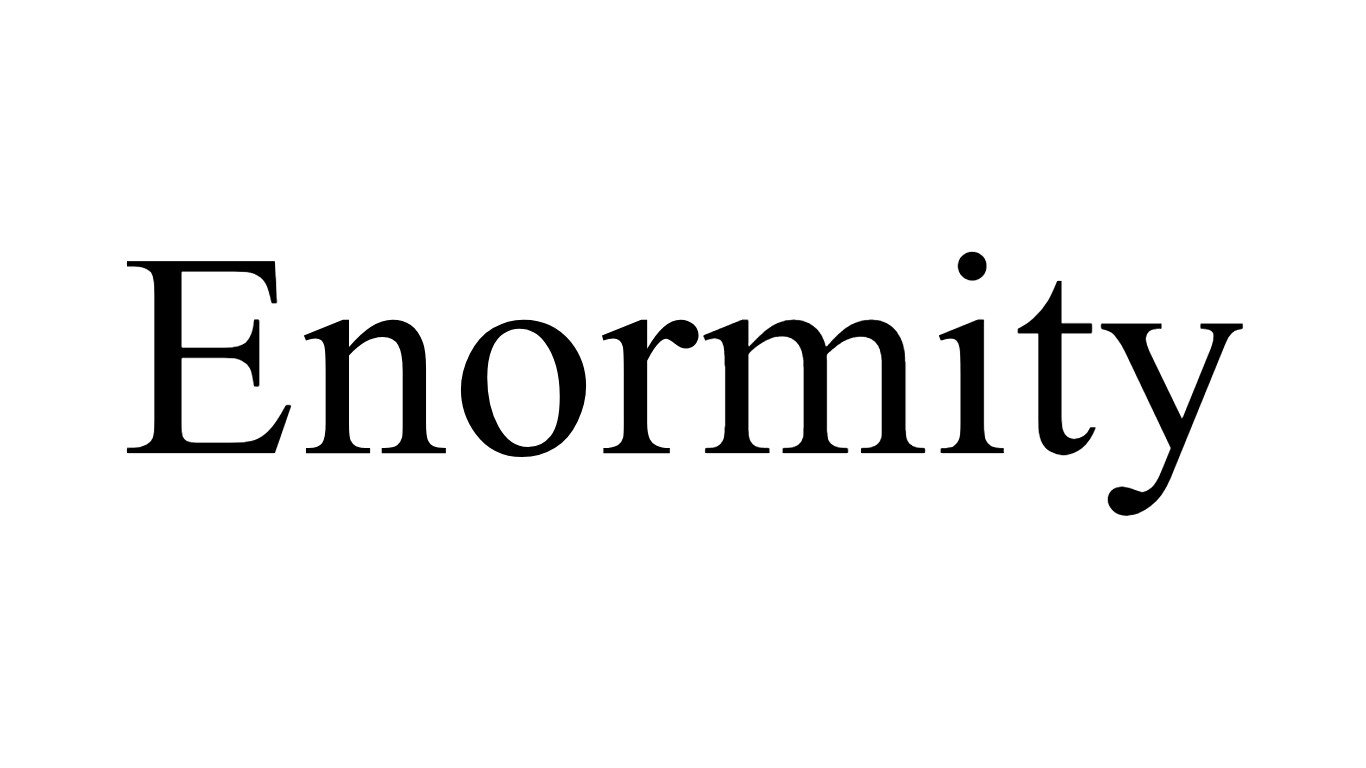
“Enormity” is sometimes used as a synonym for great size – enormousness – and that definition is being increasingly accepted by major dictionaries. But what it really means is something heinous or particularly offensive, as in “The police were shocked by the enormity of his actions.”
10. Exhibit

Would you like to go see the new Picasso exhibit at the museum? If you do, you’ll miss a lot of the works being displayed. An exhibit is a single item or small group of related ones. The Picasso Retrospective is an exhibition – full of Picasso exhibits.
11. Flagrant
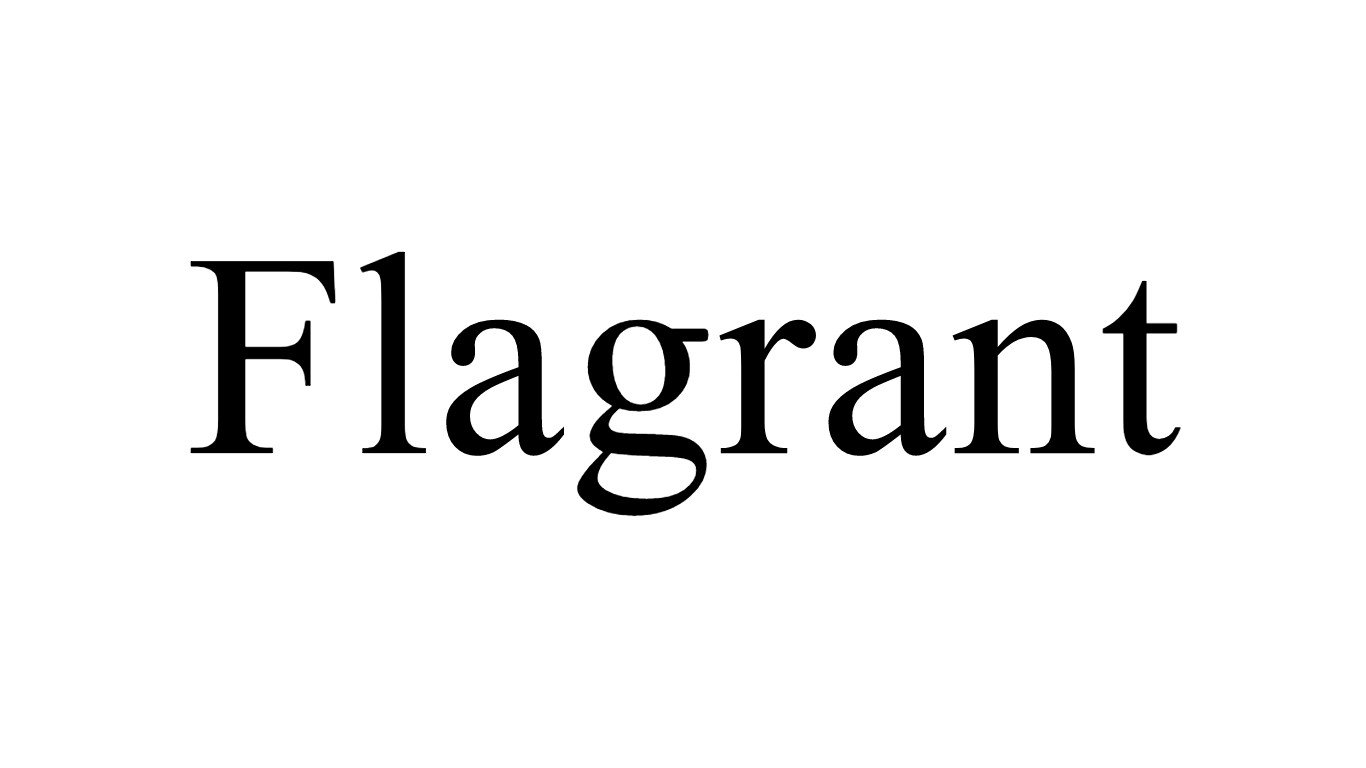
A flagrant violation? A flagrant lie? It all depends. Something flagrant – its original meaning was “burning” – is something particularly offensive, inconsistent with the mores of society. Violations and lies can certainly be that, but if what you mean to say is that they’re brazen, boisterous, or glaring, what you probably mean to say “blatant.”
12. Fortuitous
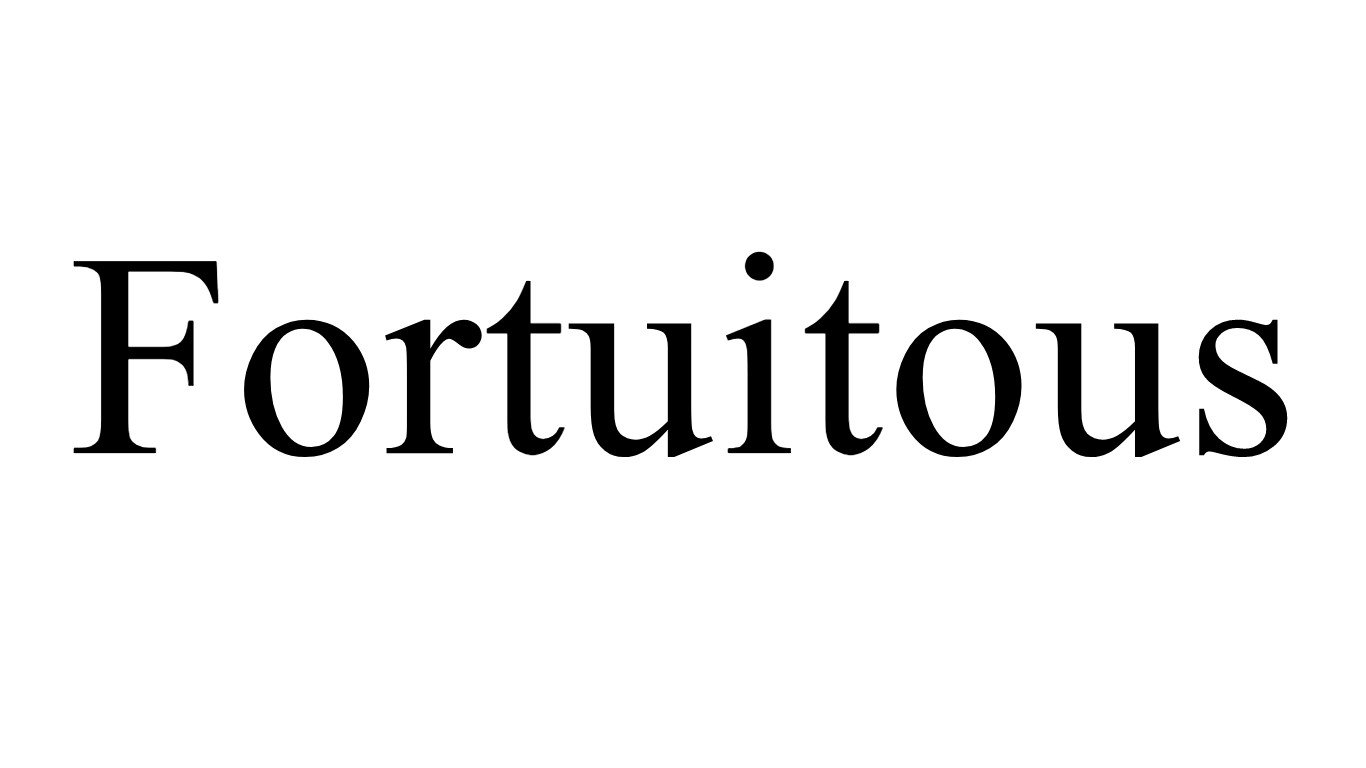
The distinction between “fortuitous” and “fortunate” is becoming blurred, not just in common speech but in reference works as well. That definitive grammar manual “Modern English Usage,” however, once stated that “The OED (Oxford English Dictionary) and all reputable dictionaries show ‘fortuitous’ to be a word with only one meaning, ’caused by chance, accidental.’” A strict grammarian, then, might say “It was fortuitous that he came upon the thief rifling the cash drawer, but unfortunate for the thief.”
13. Fulsome
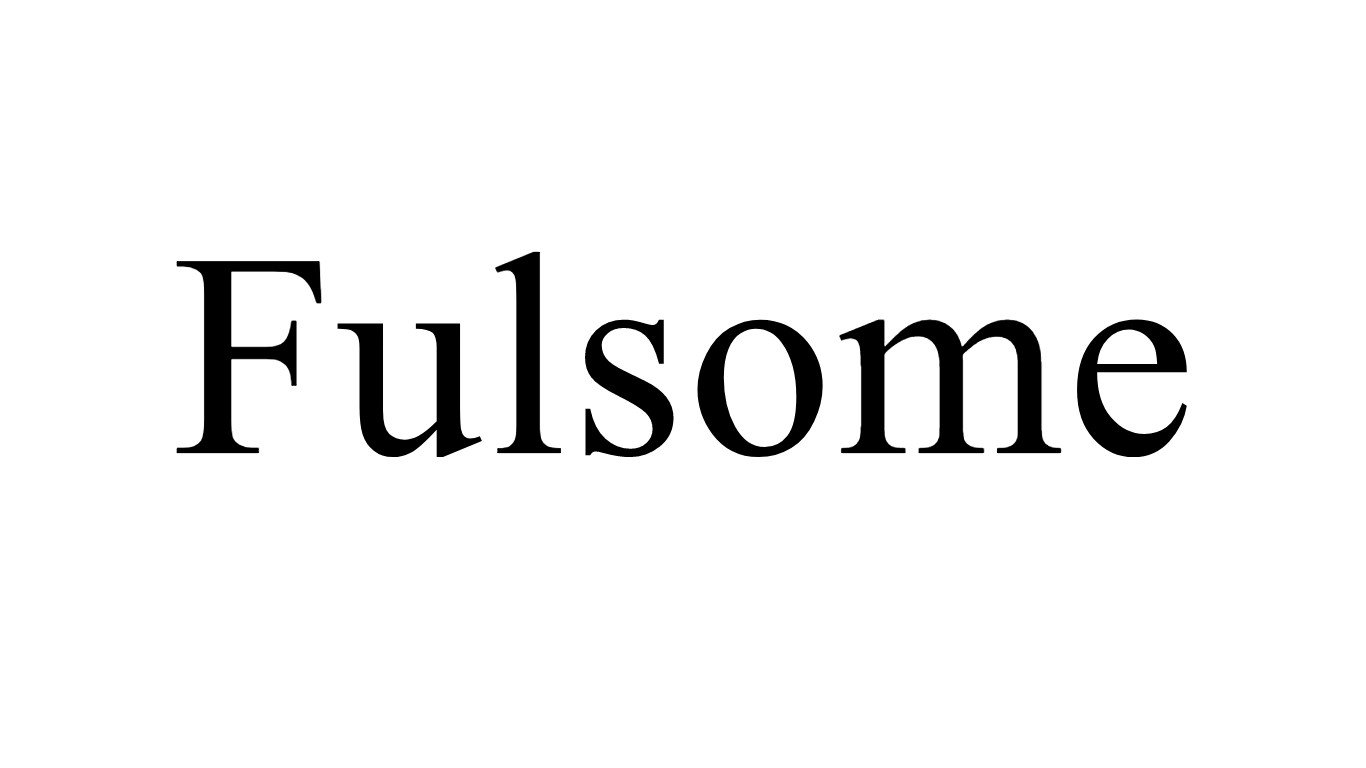
“Fulsome” doesn’t mean full or abundant, and “fulsome praise” is not something to be desired. The word actually means offensive, overdone, repulsive.
14. Further

We sometimes think of our cousins across the Atlantic as being more precise in their use of the English language than we are, but here’s an example where American usage preserves a distinction not generally shared in the U.K. In the U.S., “farther” correctly refers to physical distance (“Chicago is farther than Cincinnati” or “He took the boat farther from the dock”), while “further” is used for metaphorical or non-physical distances (“She didn’t take the argument any further” or “They further protested that they hadn’t heard the bell”). That said, the distinction between the two words is being increasingly disregarded even here.
15. Infamous
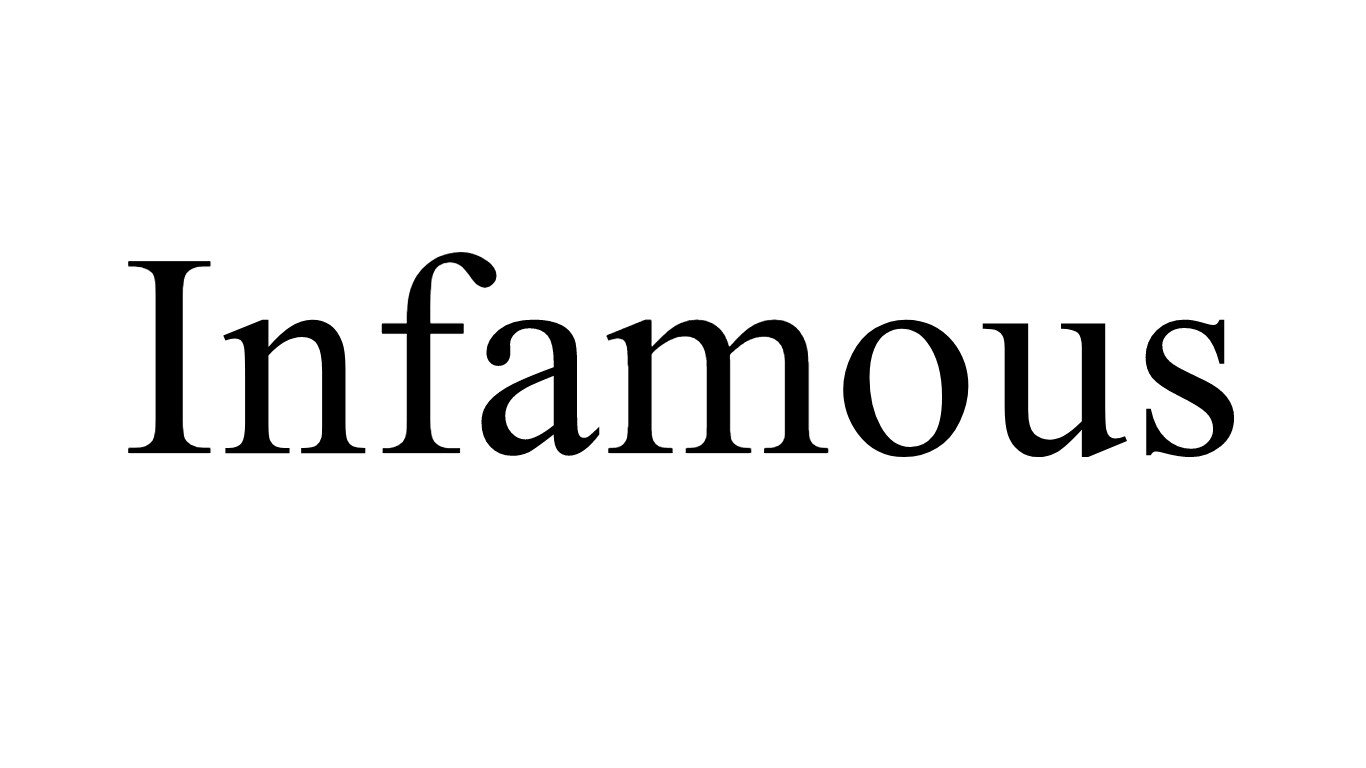
This adjective seems to be getting used more and more as a synonym for “famous” or “celebrated” as in, “Be sure to sample the restaurant’s infamous molten chocolate cake.” Far from being a compliment, though, the word means disgraceful or having an evil reputation.
16. Infer
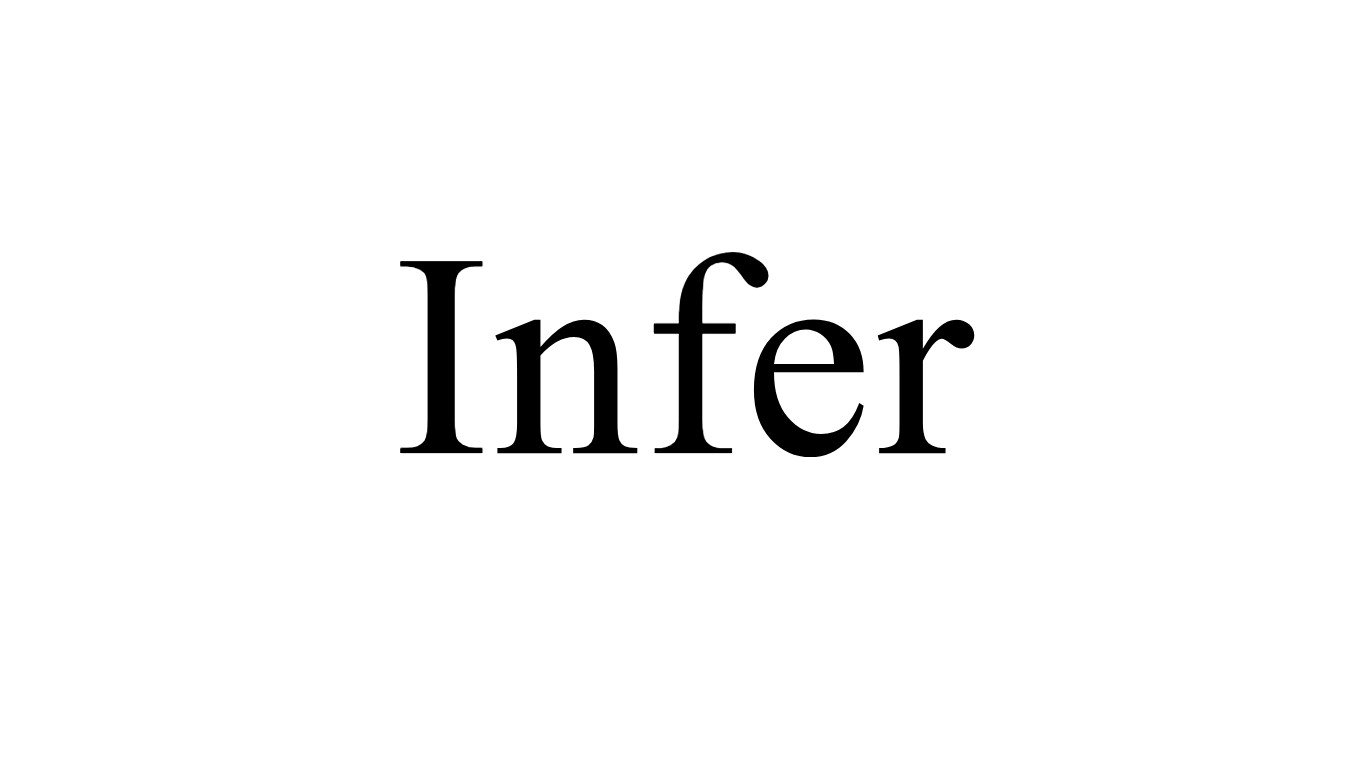
Are you inferring that I’m being pedantic? If so, you’re drawing the conclusion after considering the evidence. If you’re just suggesting that I’m pedantic, without necessarily citing any evidence, however, you’re implying – not inferring – it. To imply is to indicate without actually saying that something is the case. The detective infers the suspect is guilty after finding her fingerprints at the scene. The suspect implies that somebody might be trying to frame her.
17. Hopefully
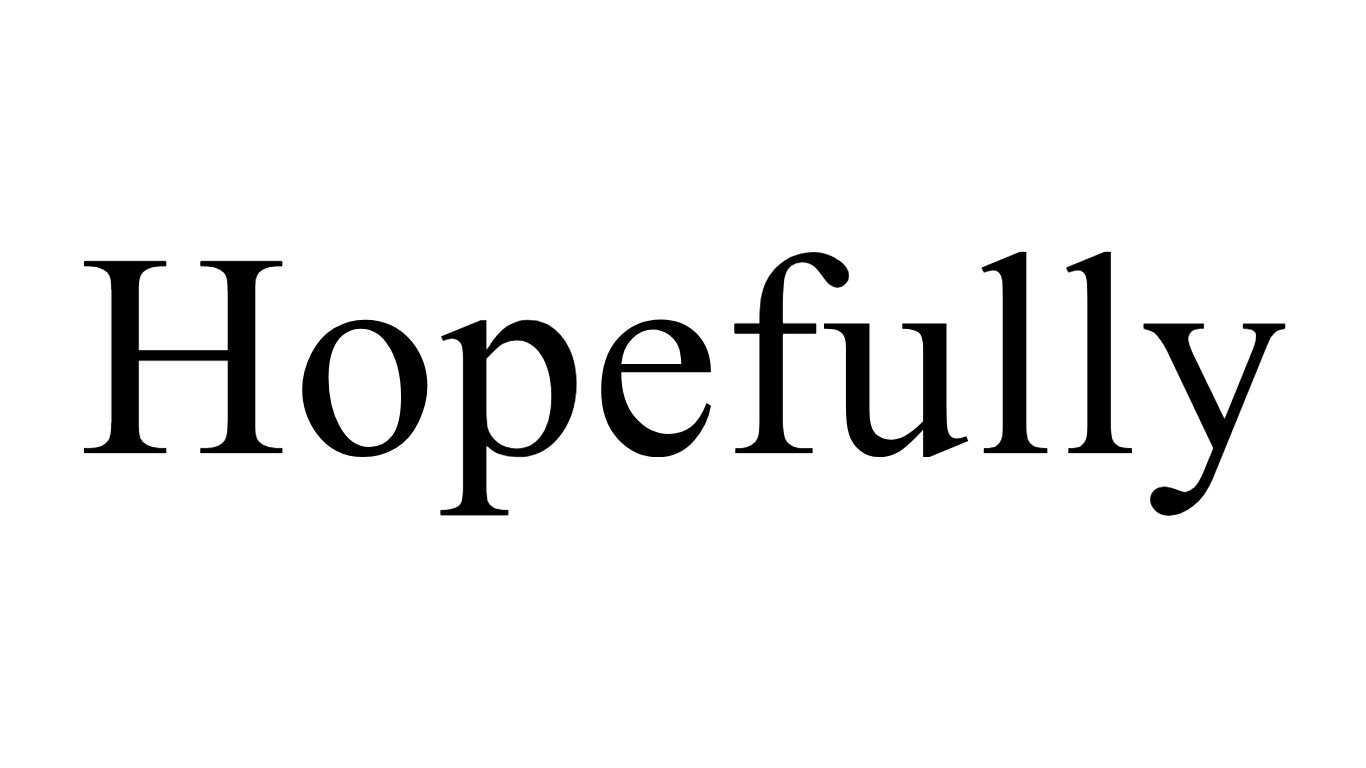
The correct meaning of “hopefully” is “with hope” (“He played the lottery hopefully”), not “it is to be hoped” (“Hopefully, he’ll win the lottery”) – though the latter meaning is now widely accepted, and almost everyone will understand what you’re trying to say when you employ it. Someone once pointed out, however, that if you use “hopefully” when you hope something will happen, then you should use “hopelessly” when you hope it won’t.
18. Insure
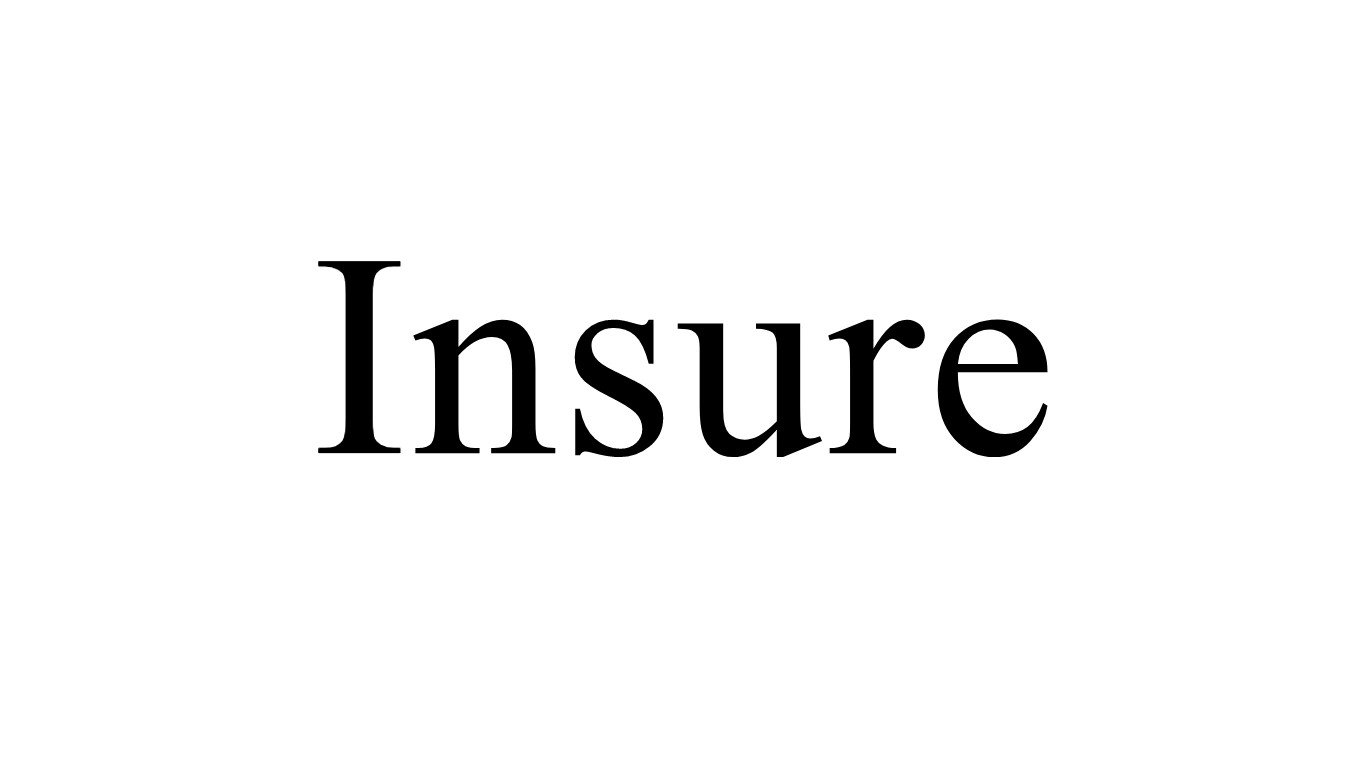
To insure is to buy insurance for or indemnify; to ensure is to guarantee or make certain that something will or won’t happen. Given the uncertainties of life, it’s a good idea to ensure that you’re insured.
19. Ironic
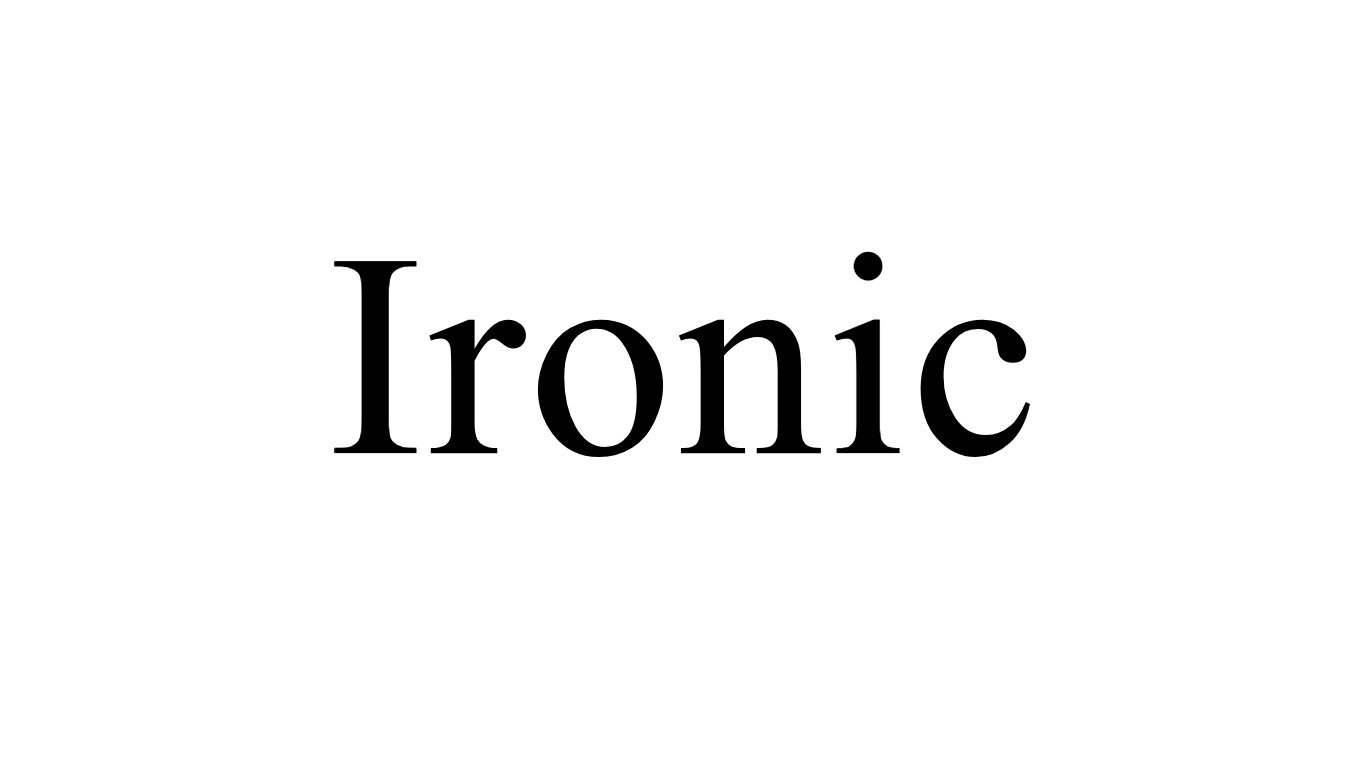
Isn’t it ironic? Not really. Irony is using words that express the opposite of what is actually intended. If it’s raining on your wedding day and you say “Nice day, isn’t it?” that’s ironic. But rain on your wedding day itself isn’t ironic at all; it’s just unfortunate (or, according to some traditions, a sign of good luck). Sarcasm is a form of irony with an edge to it – for instance, saying to your ex, “You must be very happy that it rained on my wedding day.”
20. Lay
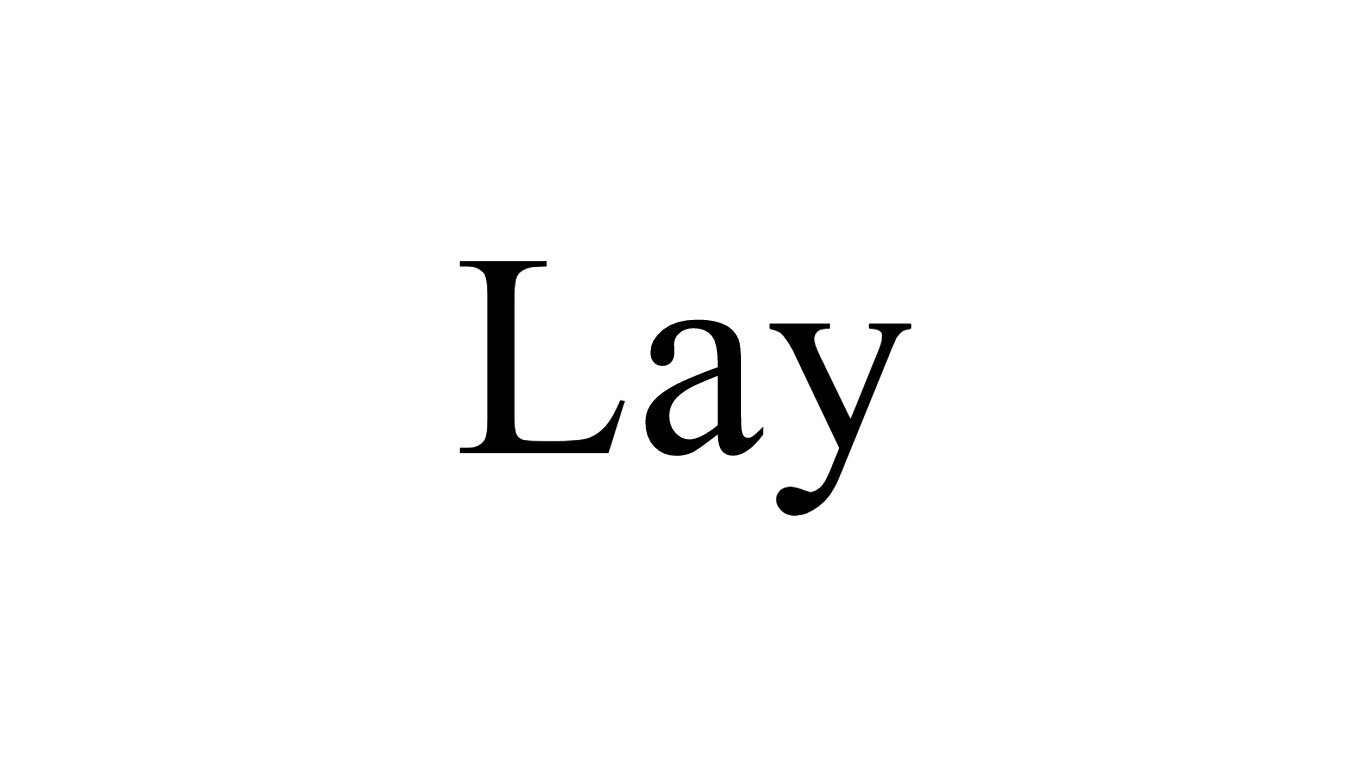
Eric Clapton is lucky that Sally wasn’t an English teacher. If she had been, she might well have pointed out that he should be singing “Lie down, Sally,” and the magic of the moment would no doubt have been lost. To lay means to place and requires an object. You lay the book down on the table, or (metaphorically) lay down the law. “Lie” doesn’t take an object. You lie down to sleep (though note that in the children’s rhyme “Now I lay me down to sleep,” the object is “me,” so “lay” is fine). Things get tricky because the past tense of “lie” is “lay.” You lie down to sleep right now, but yesterday you lay down to sleep. Tired yet?
21. Less
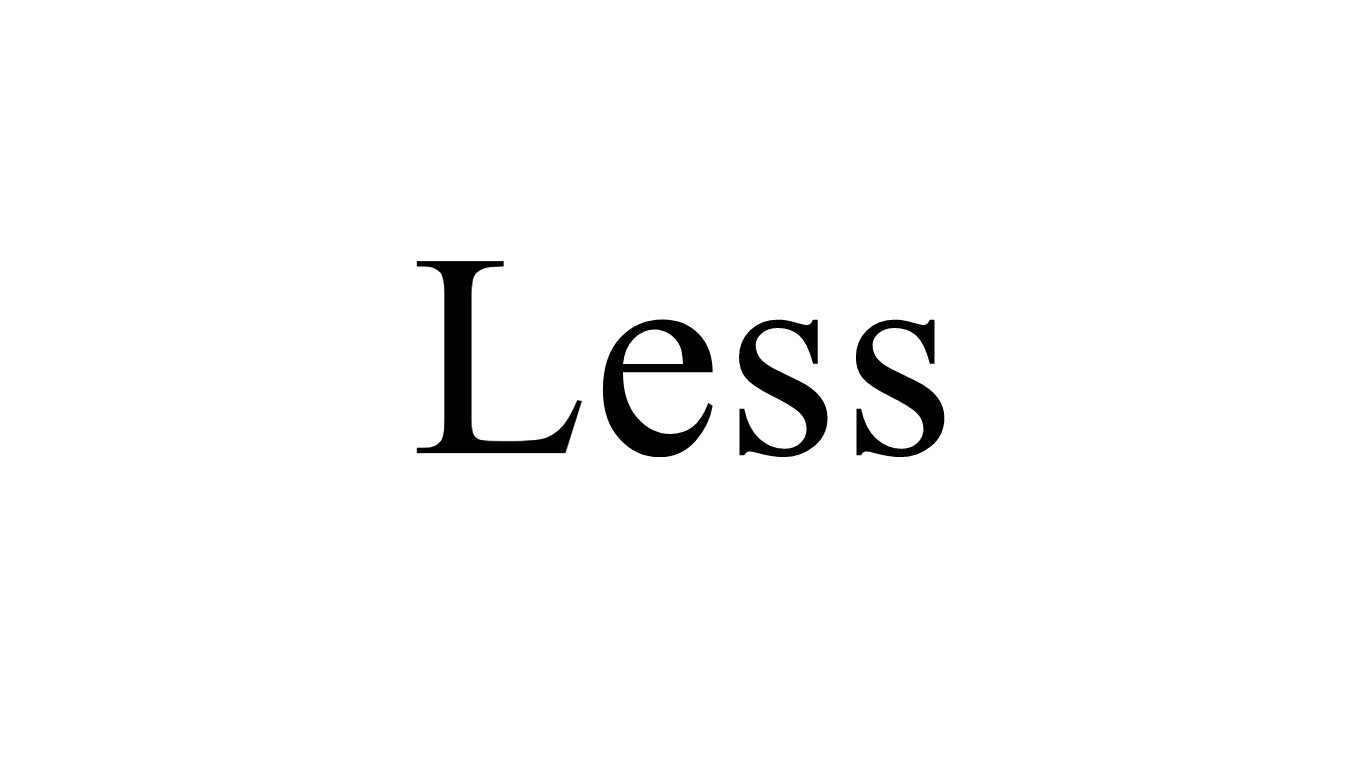
Both “less” and “fewer” are used to indicate something that is comparatively smaller in number, but they are not interchangeable. The basic rule is that if you can count something individually, “fewer” is correct, while “less” applies to mass or collective nouns or matters of degree or value. There are fewer than 75 days left until Christmas, which means that there is probably less time left than you think. He got fewer correct answers on the test and thus got less of the test right.
There are exceptions to the rule, however: Distances, time, and sums of money, even though miles and dollars can be individually enumerated, generally take “less” – as in “It’s less than three miles from my house to my office” or “It’ll take me less than 10 minutes to get there” or “The cab will cost less than $5.” Certain phrases using “less” in a way that is theoretically incorrect have also become so common that they are now accepted (“…in 25 words or less”).
22. Literally
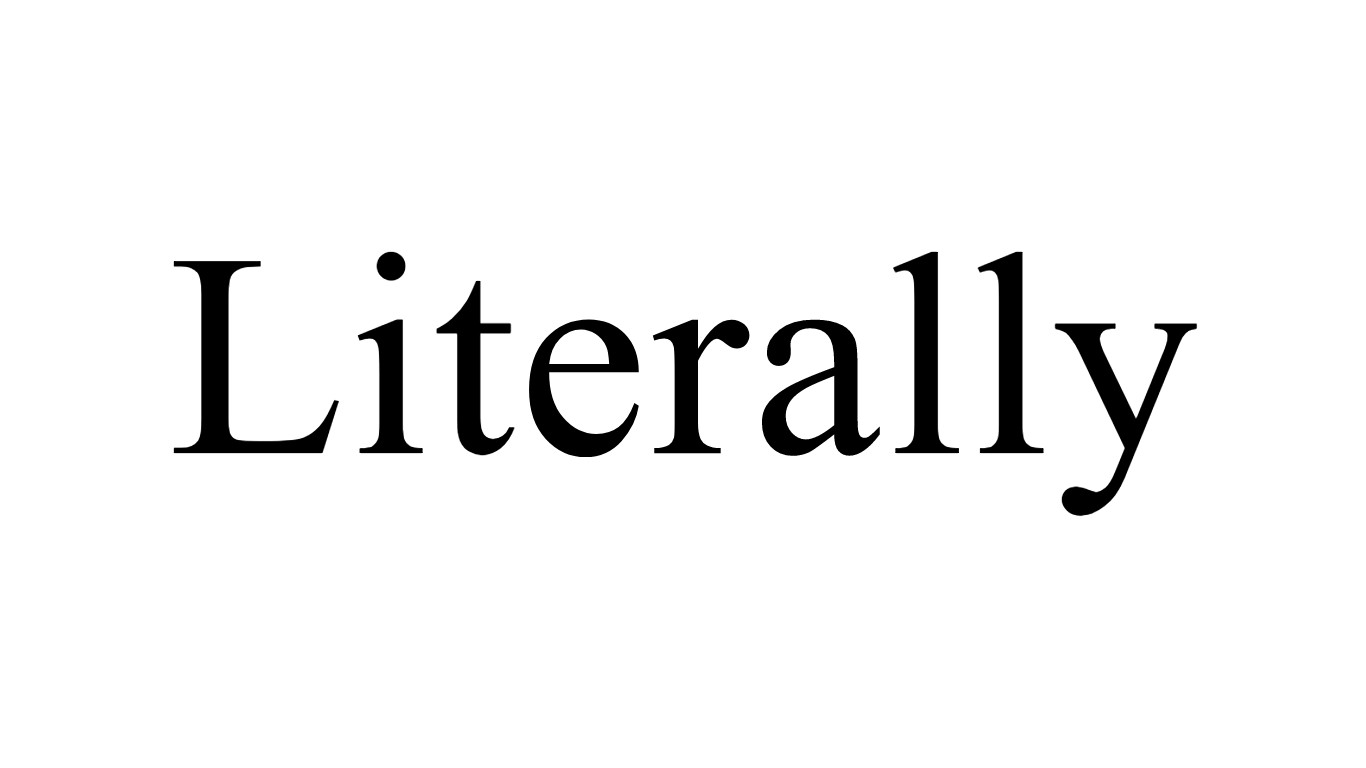
If something is literal, it is real, actual, not exaggerated; it adheres to the strict meaning of a word or phrase. You literally cannot say “I literally died when she said that,” unless you have somehow managed to figure out how to communicate from beyond the grave. If one basketball team defeats another by a score of 148 to 70, they didn’t “literally” massacre them – or if they did, the winners are now presumably all behind bars.
23. Nauseous
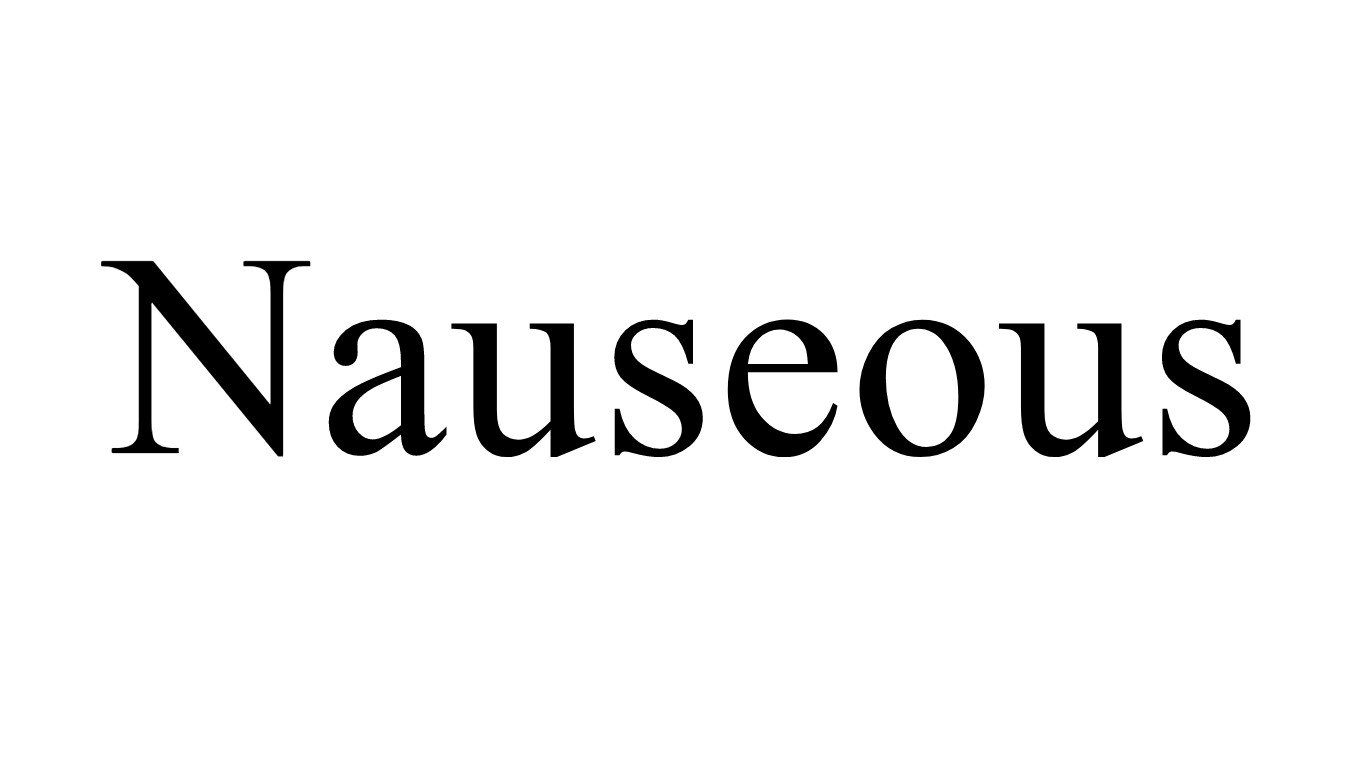
Sorry, but nothing makes you nauseous. Many things, on the other hand, might make you nauseated – especially things that are themselves nauseous. That term means causing a feeling of nausea or making one become nauseated. If you’re nauseous yourself, don’t be surprised if you lose friends quickly.
24. Noisome

“Noisome” doesn’t mean loud. In fact, it has nothing to do with noise. It traces its origins back to the Latin “in odio,” meaning hatefully. That evolved into the Old French “anuier,” to be troublesome to, which in turn gave us “annoy.” The “noy” in “annoy” and the “noi” in “noisome” are the same word. “Noisome” thus means obnoxious or objectionable.
25. Nonplussed
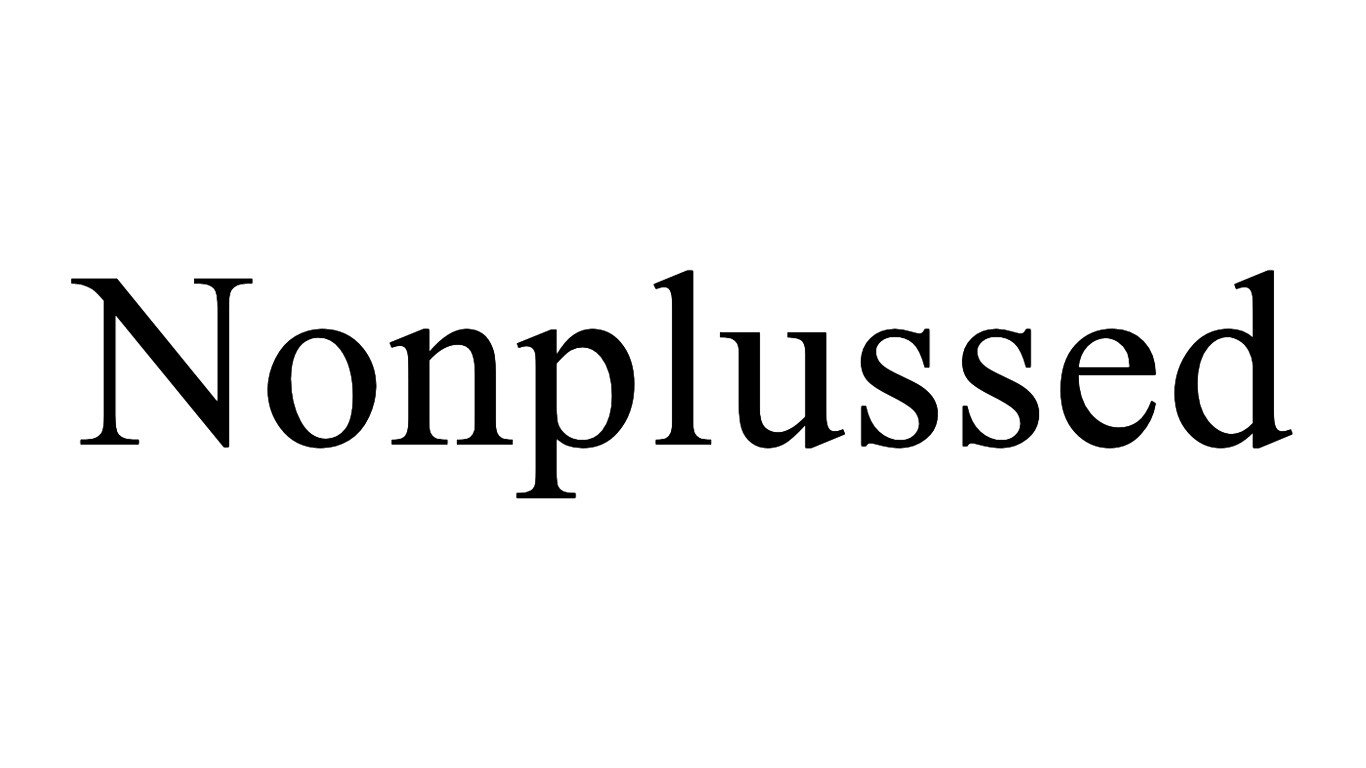
“Nonplussed” is often used to mean unimpressed or not bothered. This usage is increasingly common, especially in the U.S., but it is still considered wrong. It means almost the opposite – confused, puzzled, or brought to a standstill. It derives from the Latin “non plus,” meaning no more. The sense is that if you’re nonplussed, no more can be done.
26. Parameter
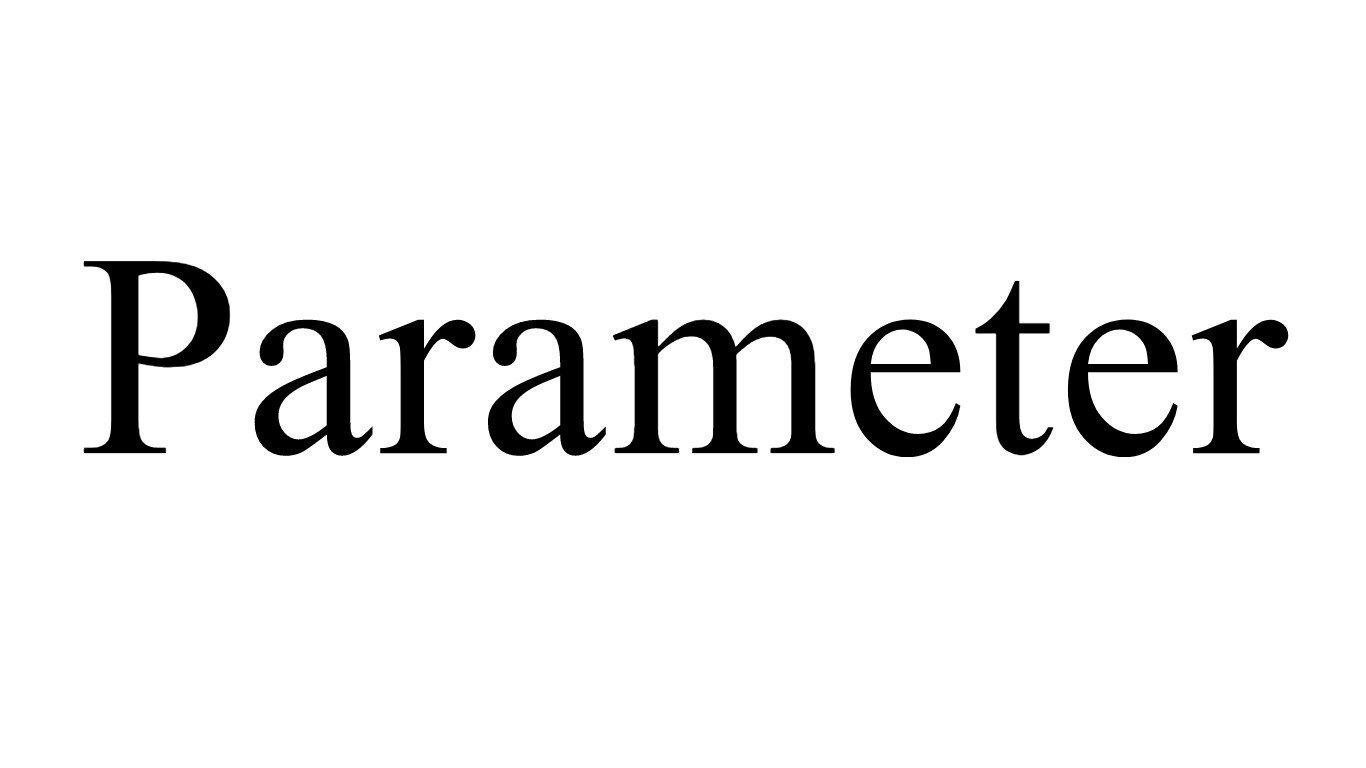
A parameter is not a perimeter. A perimeter is a boundary. A parameter is a variable in mathematics, statistics, or computer science; by extension, it has come to mean a factor or element (“a useful parameter for assessing the value”). Some authorities now accept the use of the plural form, parameters, to mean something similar to boundaries (“within the parameters of good taste”), though it isn’t correct strictly speaking.
27. Penultimate
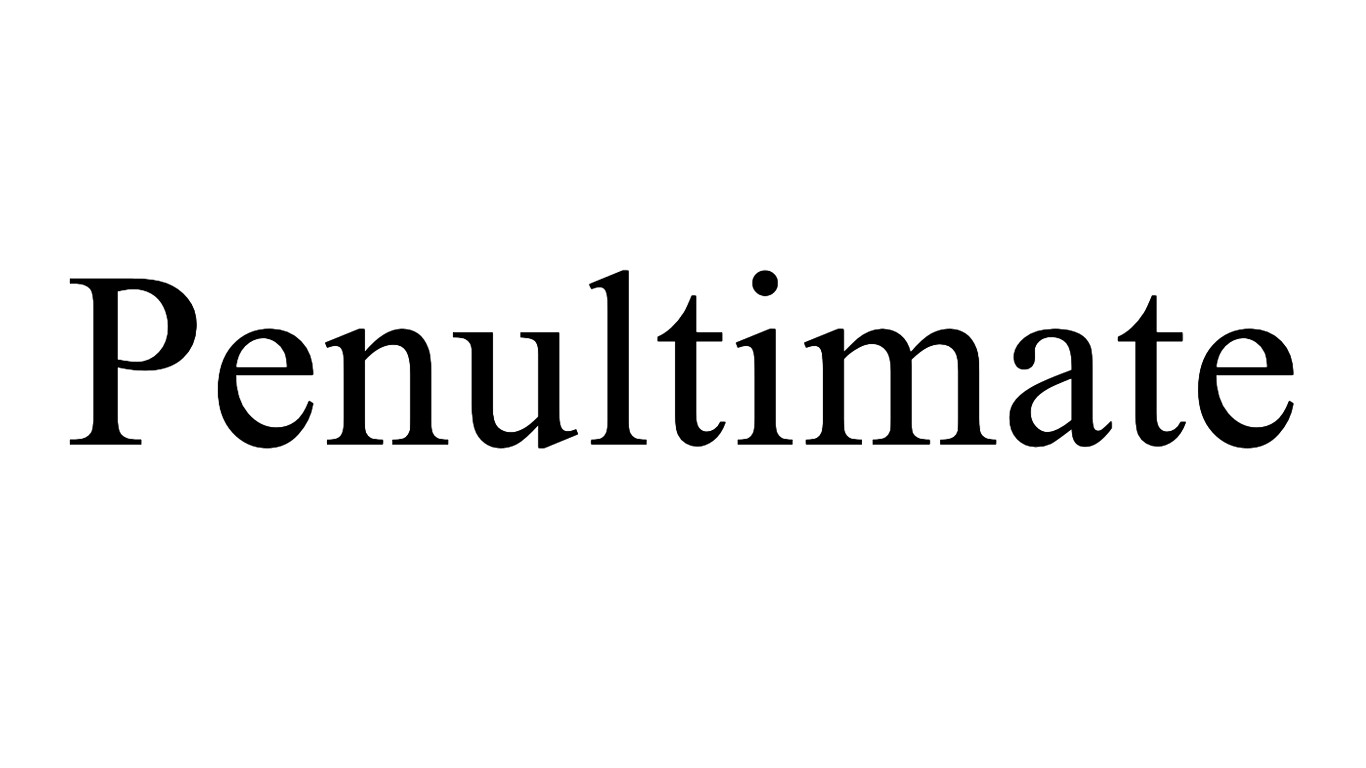
Anyone who’s ever studied Greek or Latin – or linguistics – in school has heard the terms “ultima, penult, and antepenult.” These terms mean the last, second-to-last, and third-to-last syllables of a word. “Penult” comes from attaching the Latin “paene” (almost) to the word “ultima” (last). The penultimate of something isn’t the last of it, then, as it is often made to seem, but the second-to-last.
28. Redundant
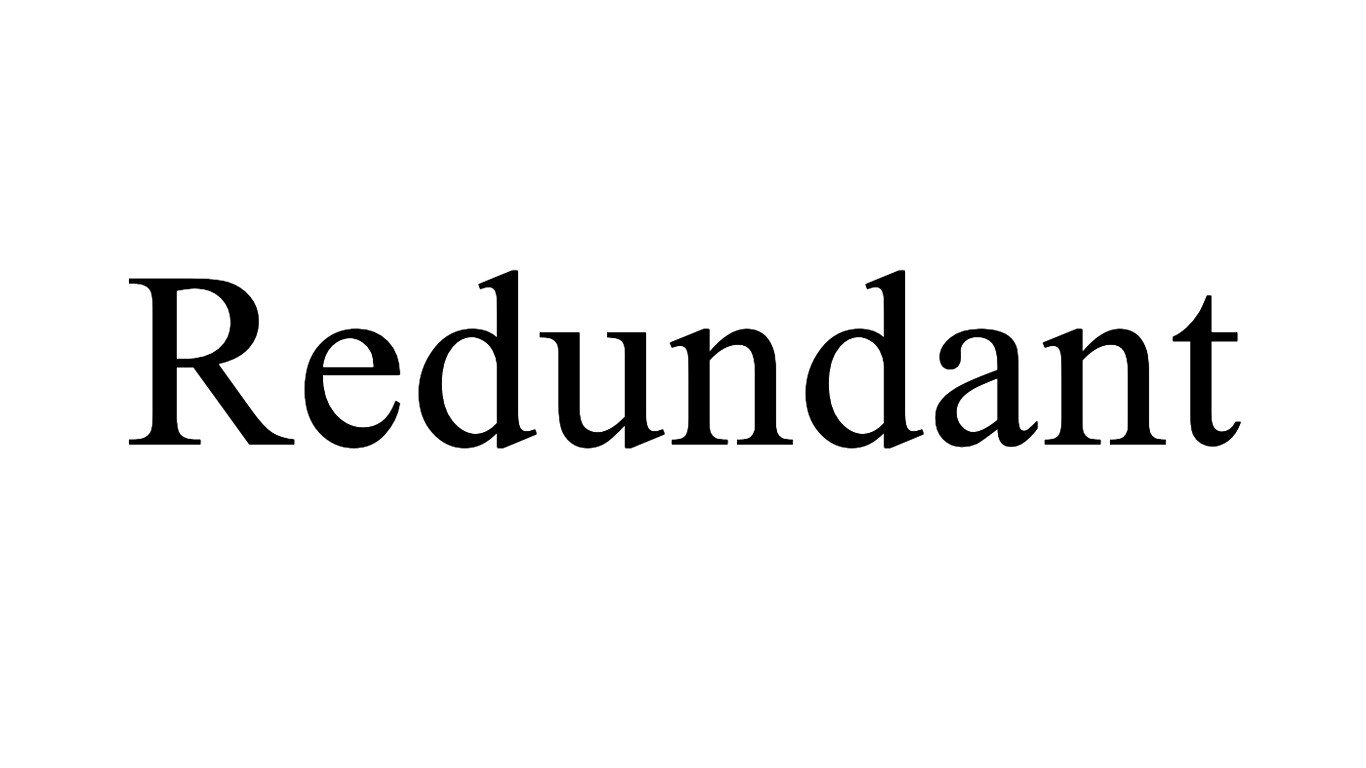
In the U.K., when a worker is “made redundant,” he or she has been fired; there’s no need for his or her services anymore; he or she is superfluous. But “redundant” and “superfluous” aren’t the same thing in American usage. Something redundant is repeated, though not necessarily in the same form. “Close proximity” is redundant because “proximity” already means close; so is “3 a.m. in the morning,” because “a.m.” and “morning” are synonymous. “The green, green grass of home” involves an obvious redundancy but in this case is an intentional one, used for literary purposes. Something is superfluous, on the other hand, when, like those poor British workers, nobody really needs it. “After we’d eaten that huge Thanksgiving dinner, dessert seemed superfluous.”
29. Regretful
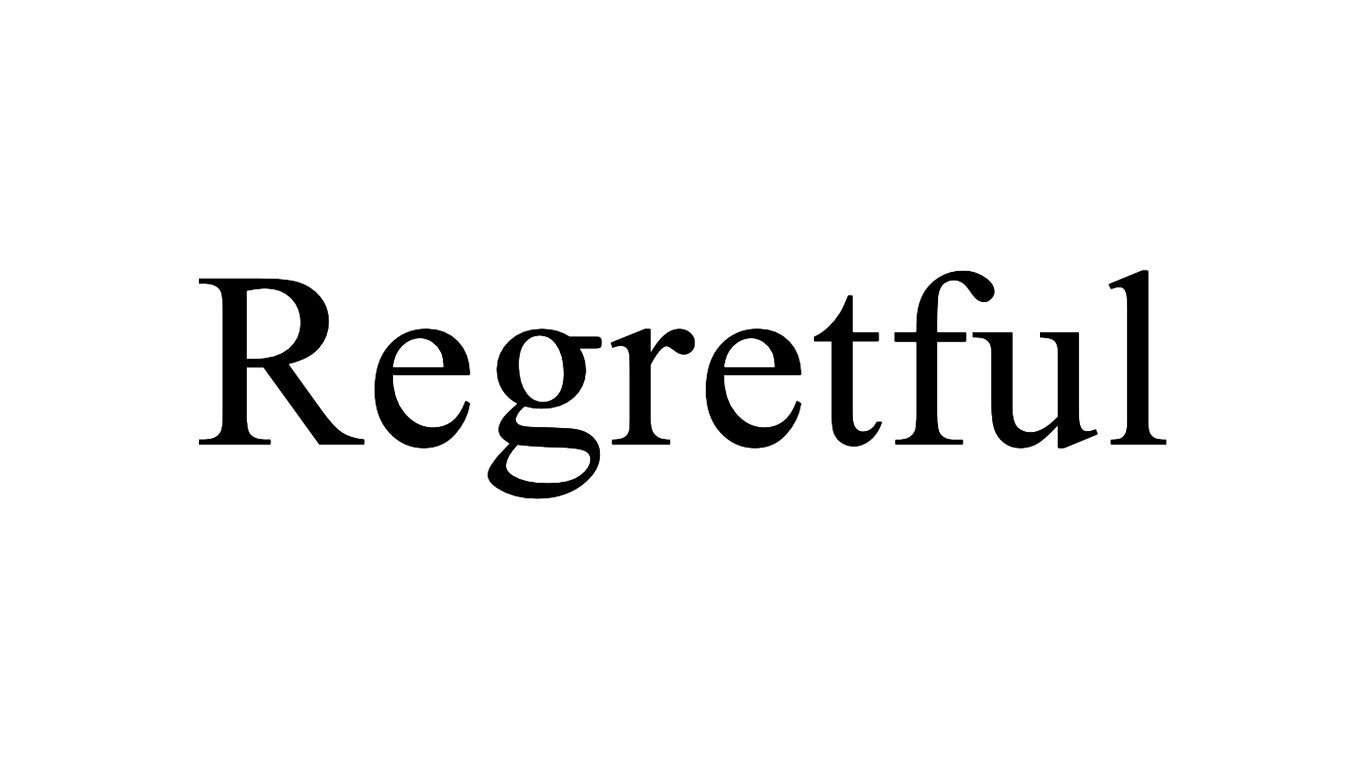
“Regretful” means sorry or filled with regret; it doesn’t mean something that makes you feel that way. A bad situation is regrettable, while people may be regretful that a regrettable situation has occurred.
30. Tortuous
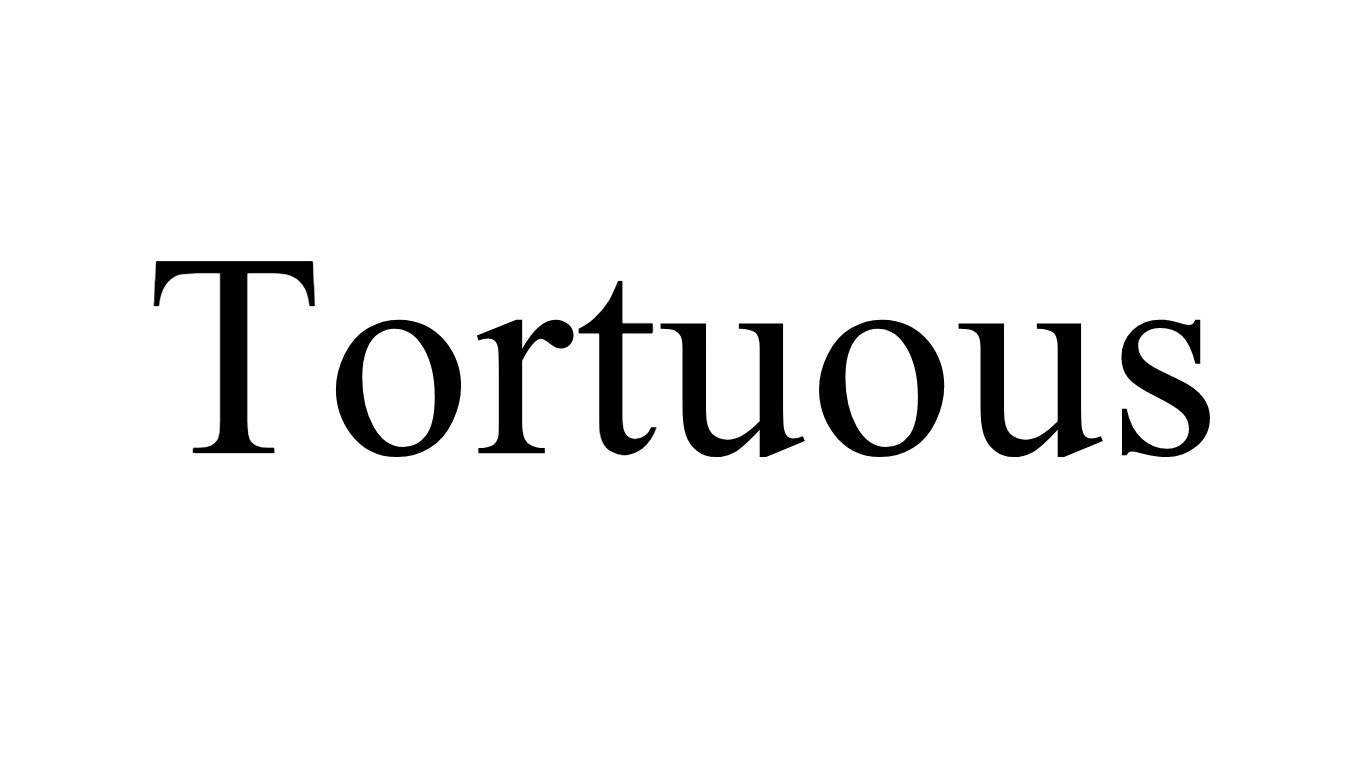
This word often gets confused with its near-homonym “torturous,” but the two have very different meanings. Driving up that winding road at midnight in the rain might be sheer torture, and thus torturous, but the winding road itself is tortuous. The word comes from the Latin “torquent,” twist – also the source of torque, a turning or twisting force (as what a car engine delivers to the drive shaft), and the legal term tort, a wrongful act.
31. Transpire
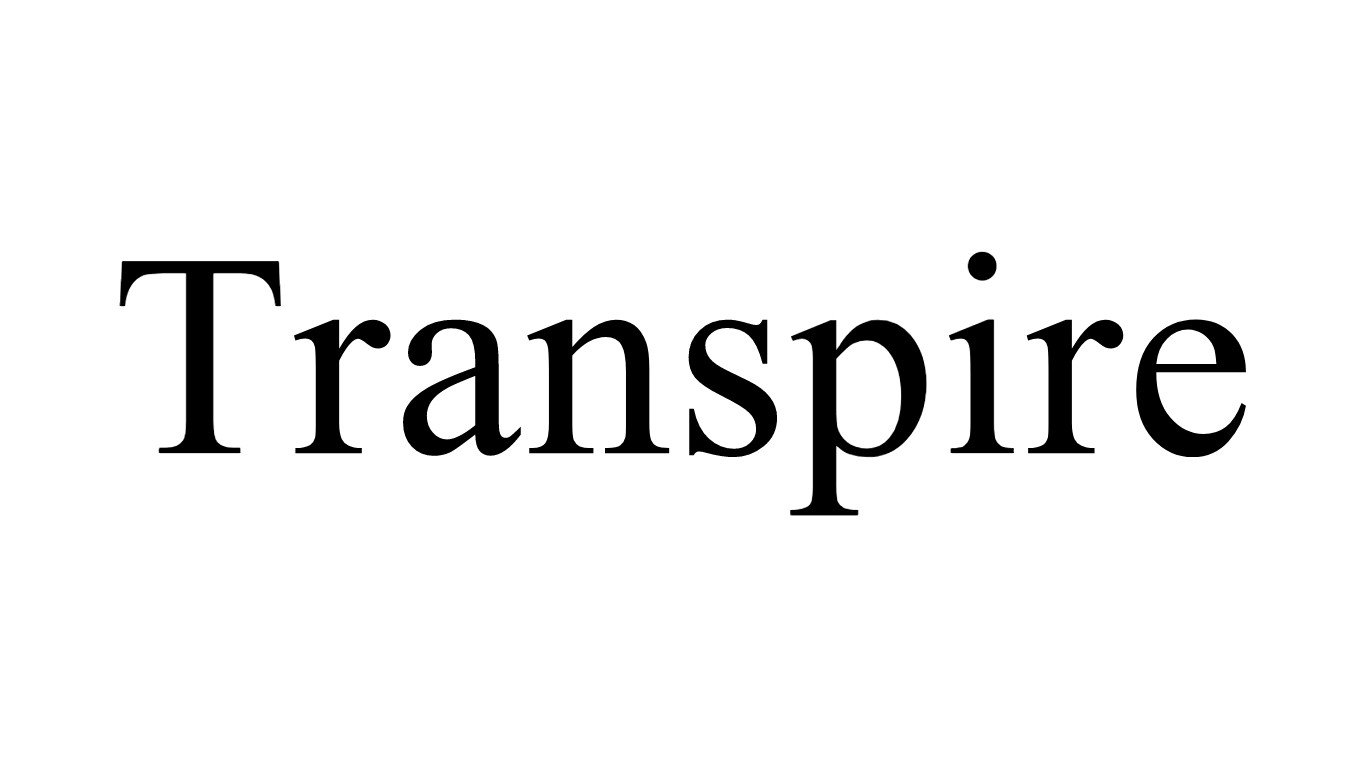
What just transpired? Possibly nothing. “Transpire” literally means to be emitted as a vapor or odor, or to cause one to be emitted; by extension, it has come to adopt the sense of escaping from secrecy or leaking out. It’s not a synonym for “happen.” “Did anything transpire last night?,” at least in the meaning that was long accepted as correct, means something like “Did a secret leak out?” or “Did we learn something we didn’t know?” — not “Did you guys do anything after I left?”
32. Verbal

“Verbal” is often used as a synonym for “oral,” but there’s a distinction between the two terms. The former means relating to words (or sometimes just verbs), while the latter specifically means spoken. Somebody can give you verbal assurances digitally or on paper, but if they just assured you of something in person, their assurances would be oral. An oral agreement and a verbal agreement aren’t necessarily the same thing.
